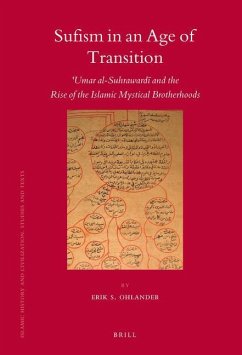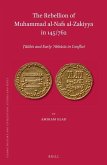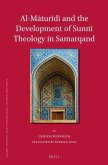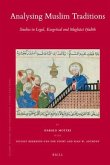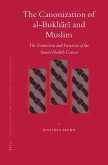Although the early thirteenth century was a critical period in the development of Sufism, it has received little scholarly attention. Based on heretofore unexplored sources, this book examines a pivotal figure from this period: the scholar, mystic, statesman, and eponym of one of the earliest "a-arAqa" lineages, EUmar al-SuhrawardA. In situating SuhrawardAa (TM)s life work in its social, political, and religious contexts, this book suggests that his universalizing Sufi system was not only enmeshed within a broader economy of Muslim religious learning, but also furnished social spaces which allowed for novel modes of participation in Sufi religiosity. In doing so, this book provides a framework for understanding the increasingly ubiquitous presence of intentional Sufi communities and institutions throughout the late-medieval Islamic world.

